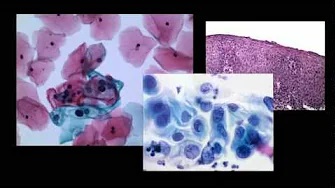Document Type
Article
Publication Date
6-5-2023
Abstract
Smoke from wildland fires has been shown to produce neuroinflammation in preclinical models, characterized by neural infiltrations of neutrophils and monocytes, as well as altered neurovascular endothelial phenotypes. To address the longevity of such outcomes, the present study examined the neuroinflammatory and metabolomic temporal dynamics after inhalation exposures from biomass-derived smoke. 2-month-old female C57BL/6J mice were exposed to wood smoke every other day for two weeks at an average exposure concentration of 0.5mg/m
Recommended Citation
Scieszka D, Jin Y, Noor S, Barr E, Garcia M, Begay J, Herbert G, Hunter RP, Bhaskar K, Kumar R, Gullapalli R, Bolt A, McCormick MA, Bleske B, Gu H, Campen M. Neuroinflammatory and Metabolomic Temporal Dynamics Following Wood Smoke Inhalation. Res Sq [Preprint]. 2023 Jun 5:rs.3.rs-3002040. doi: 10.21203/rs.3.rs-3002040/v1. Update in: J Neuroinflammation. 2023 Aug 22;20(1):192. PMID: 37333410; PMCID: PMC10275049.

